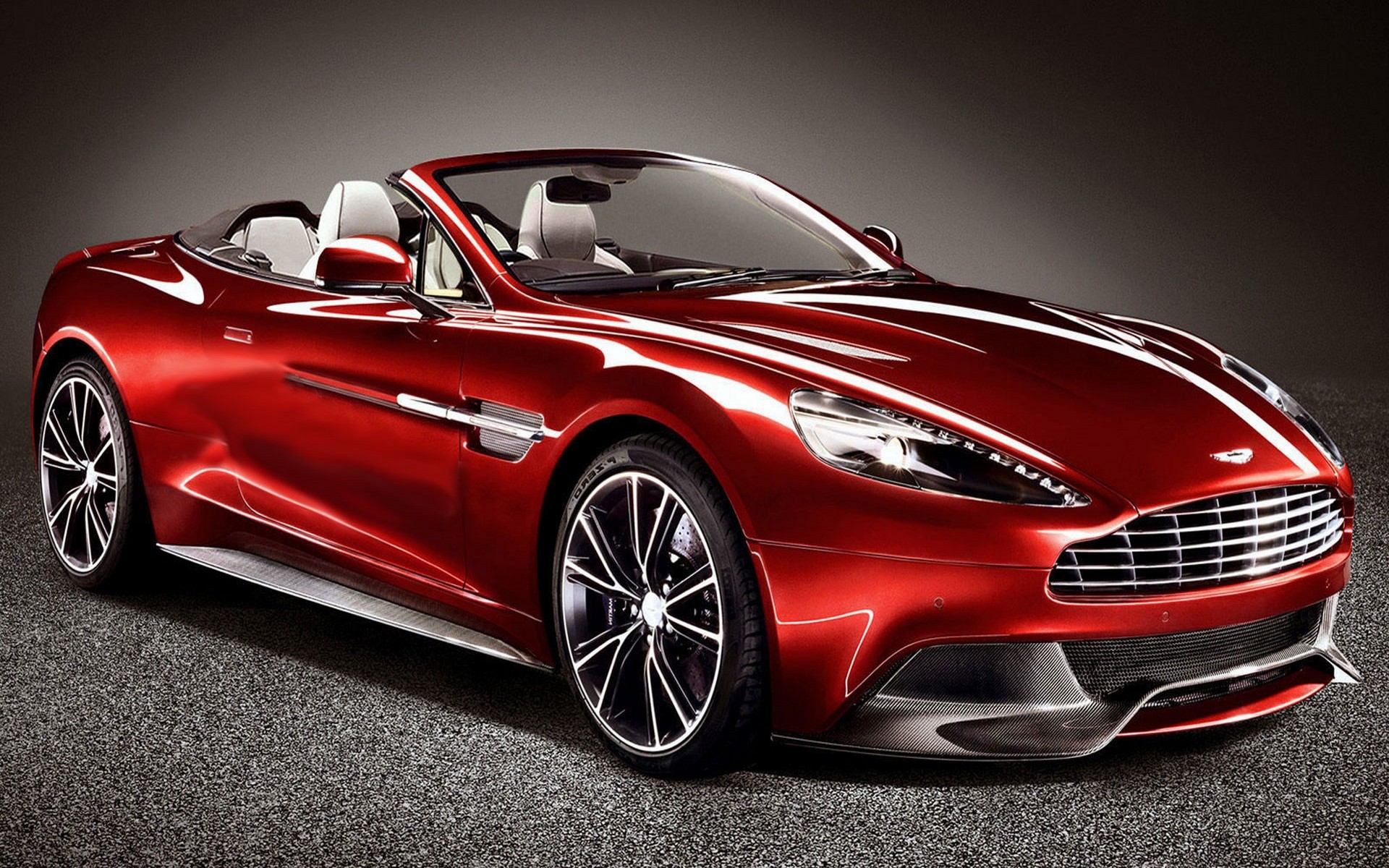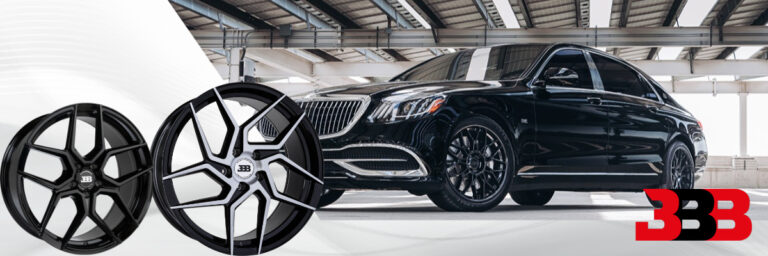What Car Brands Are Made In America: A Comprehensive Guide to Automotive Patriotism and Global Realities
What Car Brands Are Made In America: A Comprehensive Guide to Automotive Patriotism and Global Realities cars.truckstrend.com
In an increasingly globalized world, the question of "What car brands are made in America?" has become more complex and nuanced than ever before. For many consumers, buying American-made is a statement of patriotism, a commitment to supporting local jobs, and an investment in the nation’s economic strength. However, the modern automotive industry operates on a global scale, with intricate supply chains, international ownership structures, and manufacturing facilities scattered across continents. This article will delve deep into what "Made in America" truly means for cars, highlighting brands and models that contribute significantly to the U.S. economy, whether through ownership, assembly, or parts content.
Understanding "Made in America" in the Automotive Industry
What Car Brands Are Made In America: A Comprehensive Guide to Automotive Patriotism and Global Realities
The concept of "Made in America" is not as straightforward as it might seem. When you see a car on the lot, its badge might tell one story, but its manufacturing journey often tells another. To truly understand what constitutes an "American-made" car, we need to consider several key factors:
- Company Ownership: Is the parent company headquartered in the U.S.? This is often the first thing people think of when considering "American" brands.
- Final Assembly Point: Where is the vehicle put together? A car assembled in a U.S. factory, regardless of the parent company’s origin, directly supports American jobs and local economies.
- Parts Content: What percentage of the vehicle’s components (engine, transmission, body panels, electronics, etc.) are sourced from the U.S. or Canada? This is a crucial metric often overlooked.
The American Automobile Labeling Act (AALA) of 1992 attempts to standardize this by requiring vehicle manufacturers to disclose the percentage of U.S./Canadian parts content, the country of origin for the engine and transmission, and the final assembly point on the Monroney sticker (the window sticker). While helpful, even this can be complex, as parts from other countries are often integrated into sub-assemblies.
Therefore, "Made in America" isn’t a binary concept. It’s a spectrum, encompassing brands that are American-owned, foreign-owned brands with significant U.S. manufacturing footprints, and models with a high percentage of American-sourced parts, regardless of their badge.

Truly American-Owned Brands (The Legacy and the New Guard)
When most people think of American car brands, their minds often go to the "Big Three" and the revolutionary newcomers. These companies are headquartered in the United States and have a deep historical connection to American manufacturing and innovation.
General Motors (GM)
Headquartered in Detroit, Michigan, GM is a titan of the American auto industry. Its diverse portfolio includes iconic brands like Chevrolet, GMC, Cadillac, and Buick. GM maintains a vast network of manufacturing plants across the U.S., producing everything from popular trucks and SUVs to luxury sedans and electric vehicles.
- Key U.S.-Made Models: Chevrolet Silverado, GMC Sierra (both consistently high in American parts content and assembly), Chevrolet Tahoe/Suburban, Cadillac Escalade, Chevrolet Corvette, and various Buick and Chevrolet SUVs like the Enclave and Traverse.
- Impact: GM directly employs tens of thousands of Americans and supports countless more jobs through its extensive supply chain within the U.S.

Ford Motor Company
Also based in Dearborn, Michigan, Ford is synonymous with American automotive history. From the Model T to the F-Series pickup, Ford has shaped the nation’s transportation landscape. The company remains a cornerstone of U.S. manufacturing.

- Key U.S.-Made Models: The Ford F-Series (America’s best-selling vehicle for decades, with high U.S. content and assembly), Ford Explorer, Ford Expedition, Ford Mustang, Lincoln Navigator, and Lincoln Aviator.
- Impact: Ford’s commitment to U.S. production is unwavering, with numerous plants producing a wide range of vehicles and powertrains, contributing significantly to American jobs and economic output.
Stellantis (Formerly FCA US LLC)
While Stellantis is a multinational automotive corporation formed from the merger of Fiat Chrysler Automobiles (FCA) and PSA Group (French), its North American operations (FCA US LLC) are deeply rooted in American soil. Brands like Chrysler, Dodge, Jeep, and Ram have a strong American heritage and extensive U.S. manufacturing.
- Key U.S.-Made Models: Jeep Grand Cherokee, Ram 1500 pickup, Chrysler Pacifica minivan, Dodge Charger, and Dodge Challenger. Many of these vehicles consistently rank high in American-made indices due to their assembly and parts content.
- Impact: Stellantis maintains a significant manufacturing footprint, particularly in the Midwest, employing thousands and upholding the legacy of these classic American brands.
Tesla
A relatively new but incredibly impactful player, Tesla is unequivocally an American success story in the electric vehicle (EV) space. Headquartered in Austin, Texas, Tesla designs and manufactures its cutting-edge EVs primarily in the United States.
- Key U.S.-Made Models: Model 3, Model Y, Model S, Model X, and the upcoming Cybertruck. Its main vehicle assembly plants are in Fremont, California, and Austin, Texas, with battery production in Nevada and New York.
- Impact: Tesla has not only created numerous high-tech manufacturing jobs but has also pushed the entire automotive industry towards electrification, largely from its American base.
Emerging American Brands
Beyond the established giants, several newer American companies are making waves, particularly in the EV and niche vehicle markets. Lucid Motors (luxury EVs, built in Arizona), Rivian (electric trucks and SUVs, built in Illinois), and Bollinger Motors (electric trucks and SUVs) are examples of innovative American ventures expanding the definition of "Made in America."
Foreign-Owned Brands with Significant U.S. Manufacturing
A crucial part of the "Made in America" story involves international automakers that have invested billions in U.S. manufacturing facilities. These companies not only create American jobs but often produce vehicles with high U.S./Canadian parts content, sometimes even higher than some models from American-owned brands.
- Toyota (Japan): With plants in Kentucky, Indiana, Mississippi, Texas, and Alabama, Toyota produces popular models like the Camry, Highlander, Sienna, RAV4, and Tundra pickup.
- Honda (Japan): Honda operates assembly plants in Ohio, Indiana, and Alabama, manufacturing vehicles such as the Accord, Civic, CR-V, Pilot, and Ridgeline.
- BMW (Germany): The largest BMW plant in the world is in Spartanburg, South Carolina, where it produces the vast majority of its X-series SUVs (X3, X4, X5, X6, X7) for global export.
- Mercedes-Benz (Germany): Its plant in Vance, Alabama, is a major production hub for its popular GLE and GLS SUVs, as well as the C-Class sedan for a period.
- Hyundai (South Korea): Hyundai’s manufacturing facility in Montgomery, Alabama, builds models like the Santa Fe, Tucson, Elantra, and Sonata.
- Kia (South Korea): Kia’s plant in West Point, Georgia, produces the Telluride, Sorento, and K5 sedan.
- Volkswagen (Germany): VW’s plant in Chattanooga, Tennessee, is responsible for the Atlas and Atlas Cross Sport SUVs.
- Nissan (Japan): Nissan has assembly plants in Canton, Mississippi, and Smyrna, Tennessee, producing models like the Altima, Frontier, Titan, and Pathfinder.
- Subaru (Japan): Subaru’s plant in Lafayette, Indiana, manufactures the Outback, Legacy, Ascent, and Impreza.
- Volvo (Sweden/China): Volvo has a plant in Ridgeville, South Carolina, producing the S60 sedan and the upcoming EX90 EV.
These foreign-owned companies significantly contribute to the U.S. economy, employ American workers, and pay U.S. taxes, making their U.S.-built vehicles very much "Made in America" in practical terms.
How to Identify "American-Made" Cars
For consumers looking to make informed decisions, here’s how to determine a car’s "American-made" status:
- Check the Monroney Sticker (Window Sticker): Every new car sold in the U.S. has this label. Look for the "Parts Content Information" section, which lists the percentage of U.S./Canadian parts content, the country of origin for the engine and transmission, and the "Final Assembly Point."
- Examine the VIN (Vehicle Identification Number): The first digit of the 17-character VIN indicates the country of origin for the vehicle’s manufacture.
- 1, 4, 5 = United States
- 2 = Canada
- 3 = Mexico
- J = Japan
- W = Germany
- K = Korea
- Consult Independent Indices: Organizations like American University’s Kogod School of Business (Made in America Auto Index) and Cars.com (American-Made Index) regularly publish comprehensive rankings of vehicles based on various "American-made" criteria, including assembly, parts content, engine/transmission sourcing, and even company headquarters. These indices are often the most reliable way to compare.
Benefits of Buying American-Made Vehicles
Choosing a vehicle with a strong American manufacturing footprint offers several advantages:
- Supports U.S. Jobs and Economy: Directly contributes to the employment of American workers in manufacturing, engineering, and related industries.
- Strengthens Local Communities: Factories and their employees boost local economies through wages, taxes, and spending.
- Reduces Reliance on Overseas Supply Chains: While no car is 100% domestic, a higher U.S. parts content can potentially shorten supply chains and reduce vulnerability to international disruptions.
- Quality and Design for American Consumers: Vehicles built in the U.S. are often designed with American driving habits, preferences, and road conditions in mind.
- National Pride: For many, it’s a matter of patriotism and a desire to invest within their own country.
Challenges and Considerations
Despite the benefits, navigating the "Made in America" landscape has its challenges:
- Globalized Supply Chains: Even vehicles with high U.S. parts content still rely on a global network for raw materials and specialized components. It’s virtually impossible for any modern car to be 100% domestically sourced.
- Defining "American": The debate over whether a foreign-owned company assembling cars in the U.S. counts as "American-made" is ongoing. From an economic impact perspective (jobs, investment), it absolutely does. From a pure ownership perspective, it doesn’t.
- Fluctuating Content: The percentage of U.S./Canadian parts content can change from year to year for a given model, making it difficult to keep track without updated information.
- Price vs. Patriotism: Sometimes, choosing the most "American-made" option might mean sacrificing certain features, price points, or specific vehicle types available from less American-made alternatives.
What Car Brands Are Made In America: A Quick Reference Table
This table summarizes key brands with significant U.S. manufacturing, providing a general overview of their "American-made" status. Prices are not included as they vary widely by model, trim, and market conditions, but the "Typical Vehicle Types / Market Segments" offer an indication of their general price tier.
| Brand Name | Ownership (Headquarters) | Key U.S. Assembled Models (Examples) | Typical Vehicle Types / Market Segments | U.S. Manufacturing Footprint (General) |
|---|---|---|---|---|
| General Motors | USA | Chevrolet Silverado, GMC Sierra, Cadillac Escalade, Buick Enclave | Trucks, SUVs, Sedans, Luxury, EVs | Extensive across multiple states (MI, IN, MO, TX, etc.) |
| Ford | USA | Ford F-Series, Ford Explorer, Ford Mustang, Lincoln Navigator | Trucks, SUVs, Sedans, Performance, Luxury | Extensive across multiple states (MI, KY, MO, OH, etc.) |
| Stellantis (FCA US LLC) | Netherlands (Parent) | Jeep Grand Cherokee, Ram 1500, Chrysler Pacifica, Dodge Charger | SUVs, Trucks, Minivans, Performance Sedans | Significant, primarily in Midwest (MI, IL, OH) |
| Tesla | USA | Model 3, Model Y, Model S, Model X, Cybertruck | Electric Sedans, SUVs, Trucks | California, Texas, Nevada, New York |
| Toyota | Japan | Camry, Tundra, Highlander, Sienna, Corolla, RAV4 | Sedans, Trucks, SUVs, Minivans | Multiple plants (KY, IN, MS, TX, AL, WV, TN) |
| Honda | Japan | Accord, CR-V, Pilot, Ridgeline, Civic | Sedans, SUVs, Trucks, Minivans | Multiple plants (OH, IN, AL, GA) |
| BMW | Germany | X3, X4, X5, X6, X7 (SUVs) | Luxury SUVs | Large plant in Spartanburg, South Carolina |
| Mercedes-Benz | Germany | GLE, GLS, C-Class (previously) | Luxury SUVs, Sedans | Plant in Vance, Alabama |
| Hyundai | South Korea | Santa Fe, Tucson, Elantra, Sonata | SUVs, Sedans | Plant in Montgomery, Alabama |
| Kia | South Korea | Telluride, Sorento, K5 | SUVs, Sedans | Plant in West Point, Georgia |
| Volkswagen | Germany | Atlas, Atlas Cross Sport | SUVs, Sedans | Plant in Chattanooga, Tennessee |
| Nissan | Japan | Titan, Frontier, Altima, Pathfinder | Trucks, Sedans, SUVs | Plants in Canton, Mississippi, and Smyrna, Tennessee |
| Subaru | Japan | Outback, Legacy, Ascent, Impreza | SUVs, Sedans | Plant in Lafayette, Indiana |
| Lucid Motors | USA | Lucid Air | Luxury Electric Sedans | Plant in Casa Grande, Arizona |
| Rivian | USA | R1T, R1S | Electric Trucks, SUVs | Plant in Normal, Illinois |
Frequently Asked Questions (FAQ)
Q1: What does "Made in America" truly mean for cars?
A1: It’s a complex term. It can refer to cars from American-owned companies, cars assembled in U.S. factories (regardless of company ownership), or cars with a high percentage of parts sourced from the U.S. and Canada, as measured by the American Automobile Labeling Act (AALA).
Q2: Are foreign-owned brands assembled in the U.S. considered "American-made"?
A2: Yes, from an economic impact perspective. When a foreign-owned company like Toyota or BMW assembles vehicles in the U.S., it creates American jobs, invests in U.S. infrastructure, and contributes to the local and national economy. Many of these vehicles also have a high percentage of U.S./Canadian parts content.
Q3: What’s the most "American-made" car?
A3: This ranking changes annually based on factors like parts content, assembly location, and company ownership. Resources like the Kogod School of Business Made in America Auto Index and Cars.com’s American-Made Index provide updated lists, often featuring models from Ford, GM, Tesla, and some foreign brands with significant U.S. operations.
Q4: Why should I buy an American-made car?
A4: Buying an American-made car helps support U.S. jobs, strengthens the domestic economy, and can foster national pride. It ensures that your consumer dollars are directly contributing to American manufacturing and innovation.
Q5: Is it more expensive to buy American-made vehicles?
A5: Not necessarily. The price of a vehicle is determined by many factors, including brand, segment, features, and market demand, not solely by its "Made in America" status. There are American-made options across all price points and vehicle segments.
Q6: How can I check if a specific car model is made in America?
A6: For new cars, check the Monroney sticker (window sticker) for the "Final Assembly Point" and "Parts Content Information." You can also look at the VIN (Vehicle Identification Number) where the first digit indicates the country of origin (1, 4, or 5 for the U.S.). Additionally, reputable online indices like those from Kogod and Cars.com provide detailed breakdowns.
Conclusion
The question of "What car brands are made in America?" is a rich tapestry woven from company ownership, manufacturing locations, and global supply chains. While the traditional "Big Three" (GM, Ford, and the Stellantis-owned American brands) remain pillars of U.S. automotive production, the landscape has expanded significantly. Innovative American companies like Tesla, Lucid, and Rivian are forging new paths, and a host of foreign-owned manufacturers have made substantial investments in U.S. plants, contributing immensely to American jobs and economic output.
Ultimately, choosing an "American-made" car is a personal decision. Whether you prioritize supporting a U.S.-headquartered company, a vehicle assembled on American soil, or one with a high percentage of U.S.-sourced parts, there are abundant options available. By understanding the nuances of automotive manufacturing, consumers can make informed choices that align with their values and contribute to the strength of the American economy.




